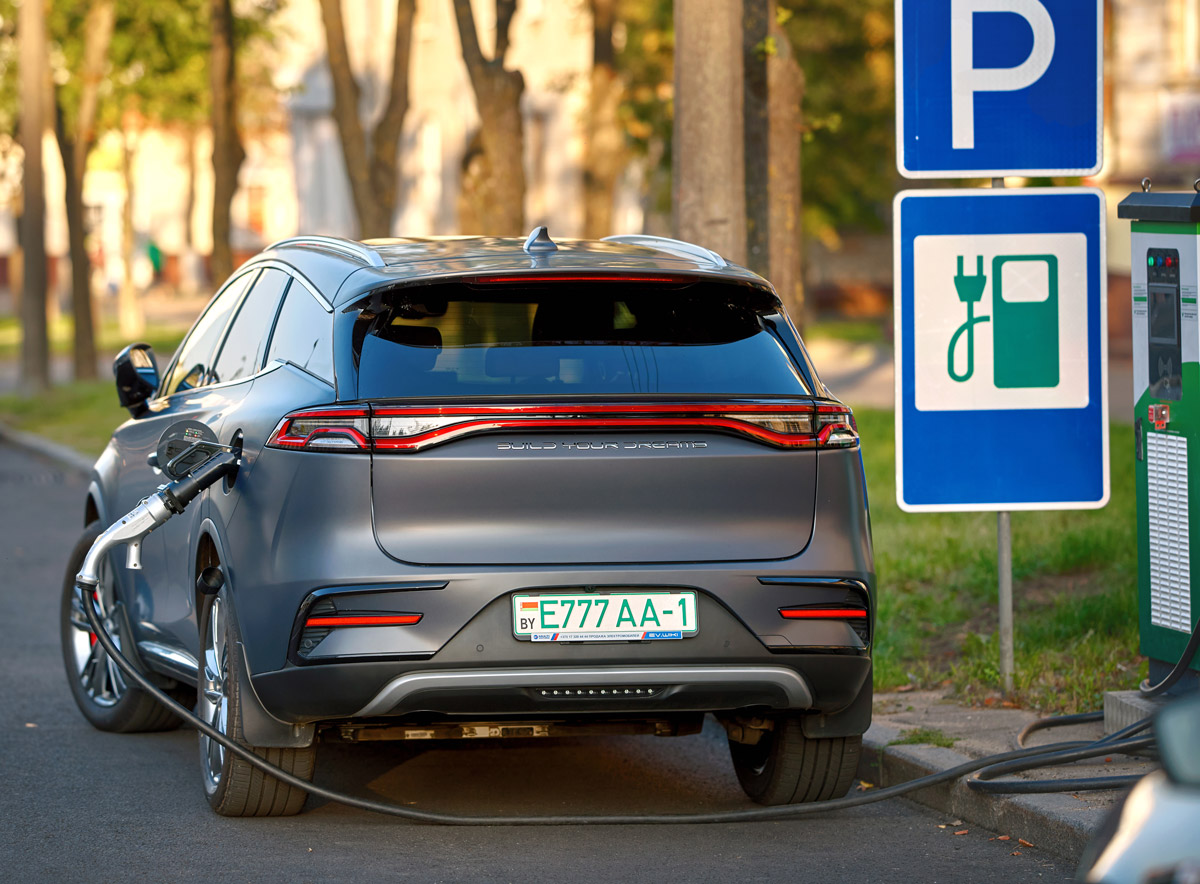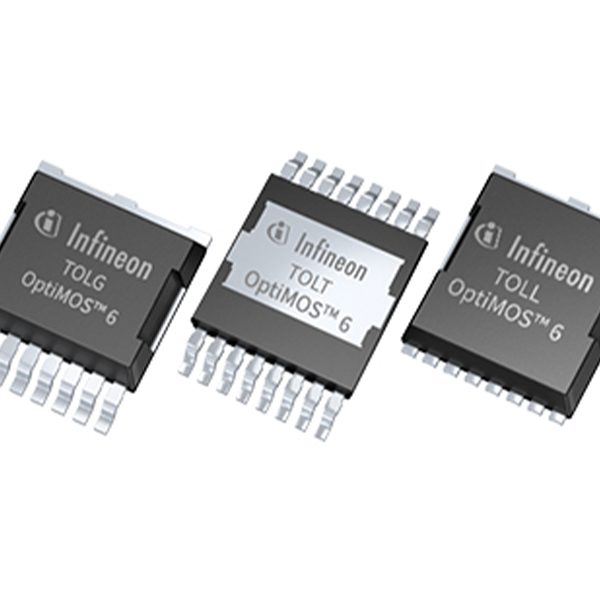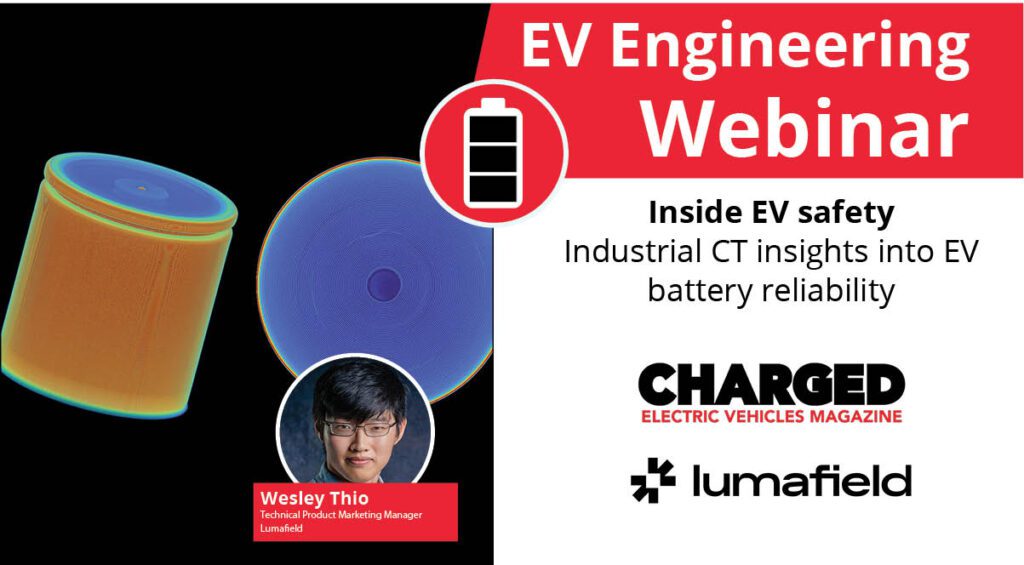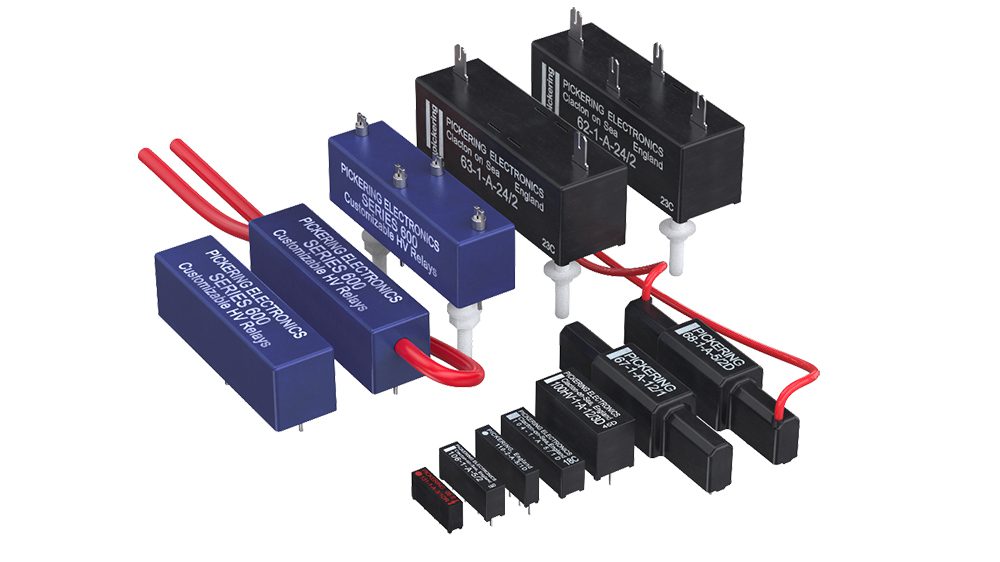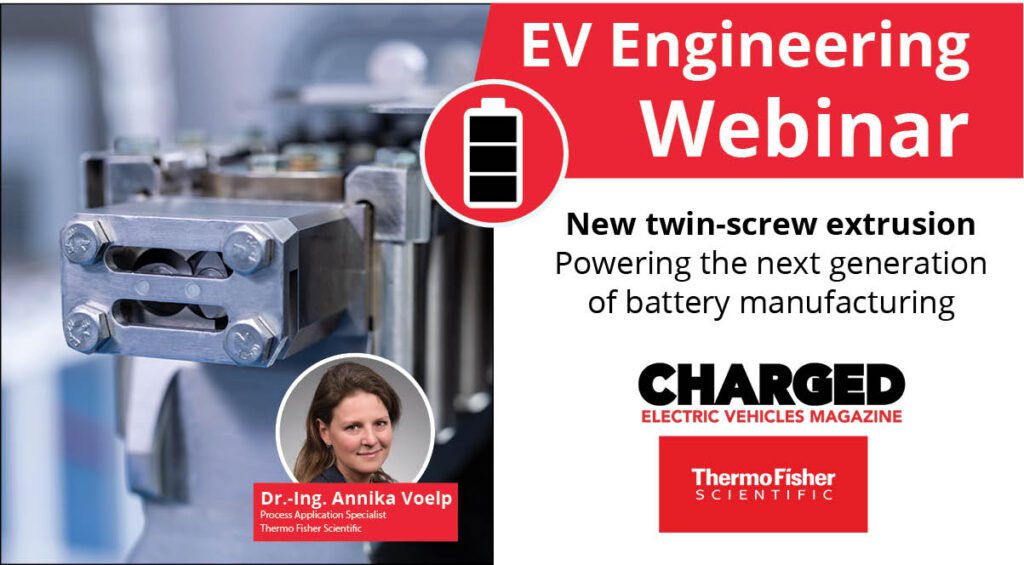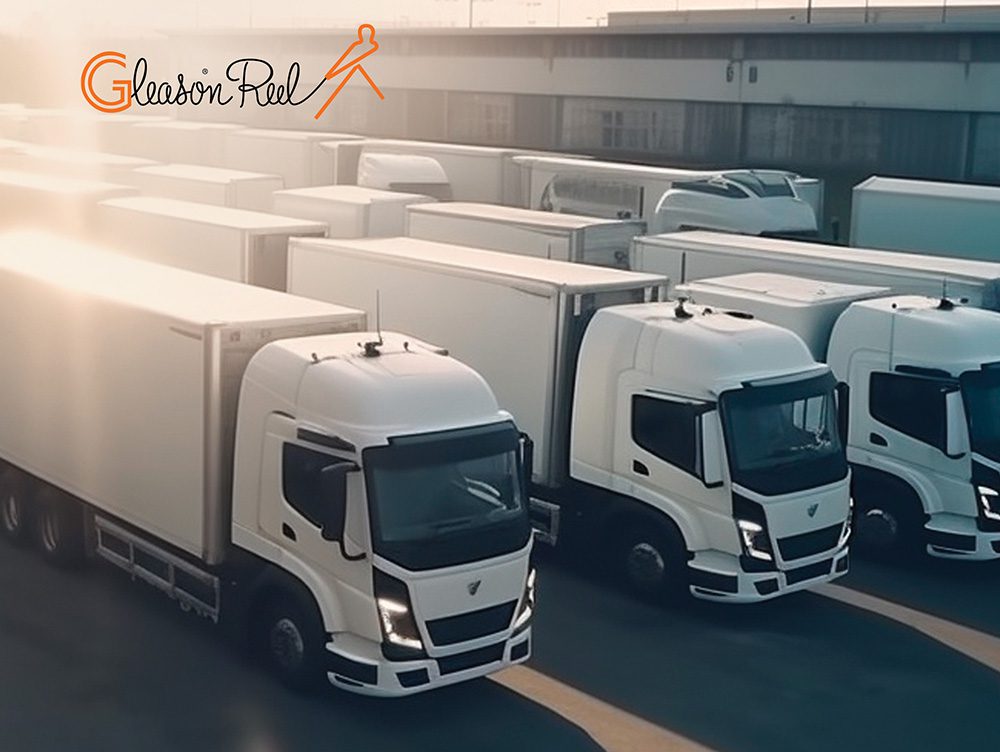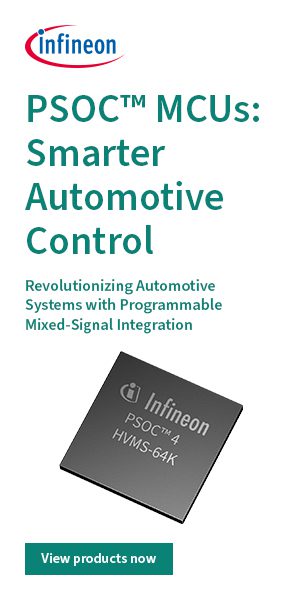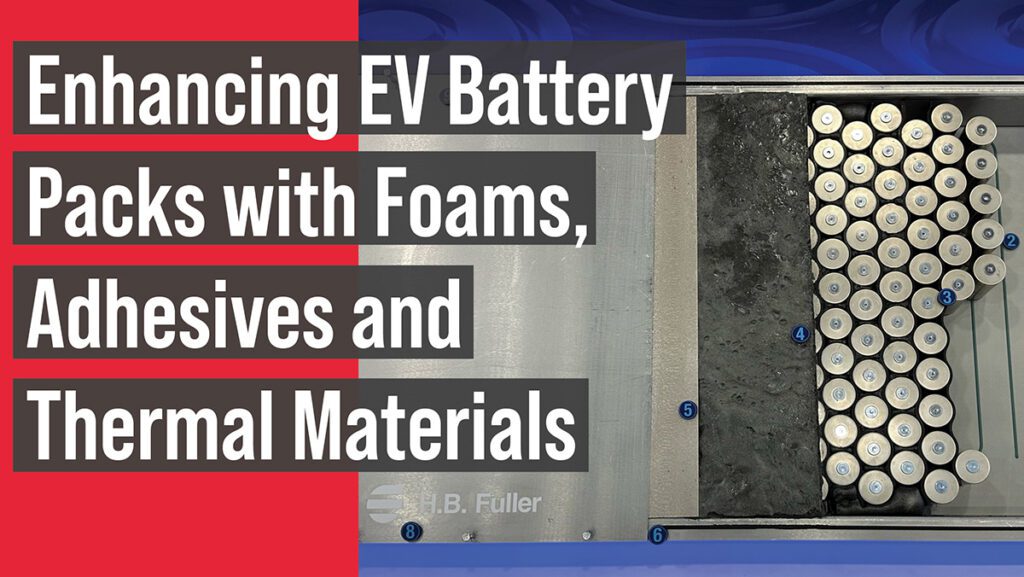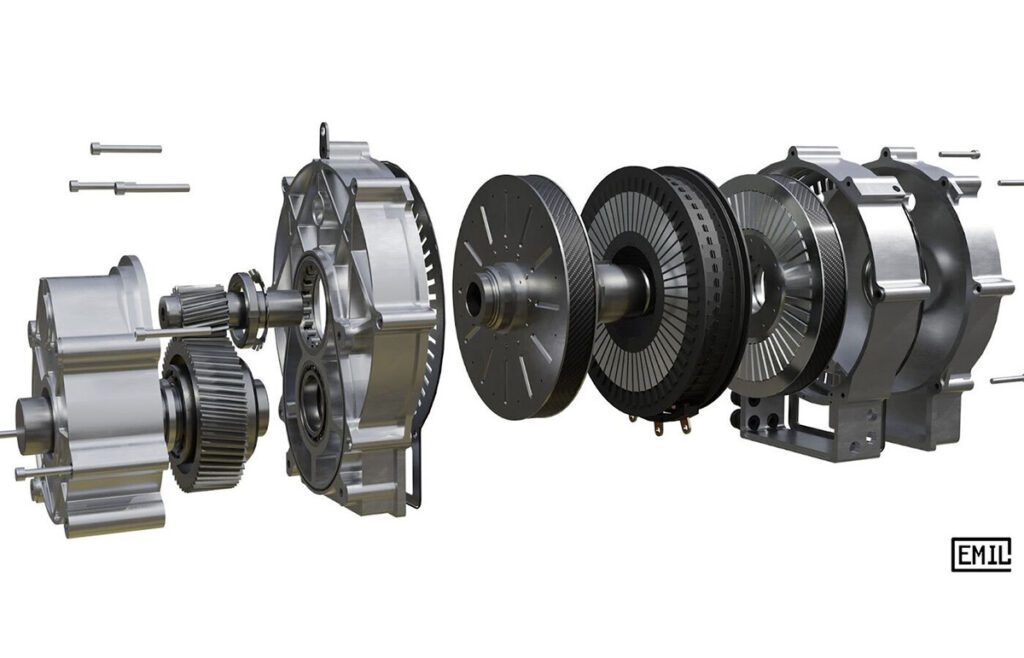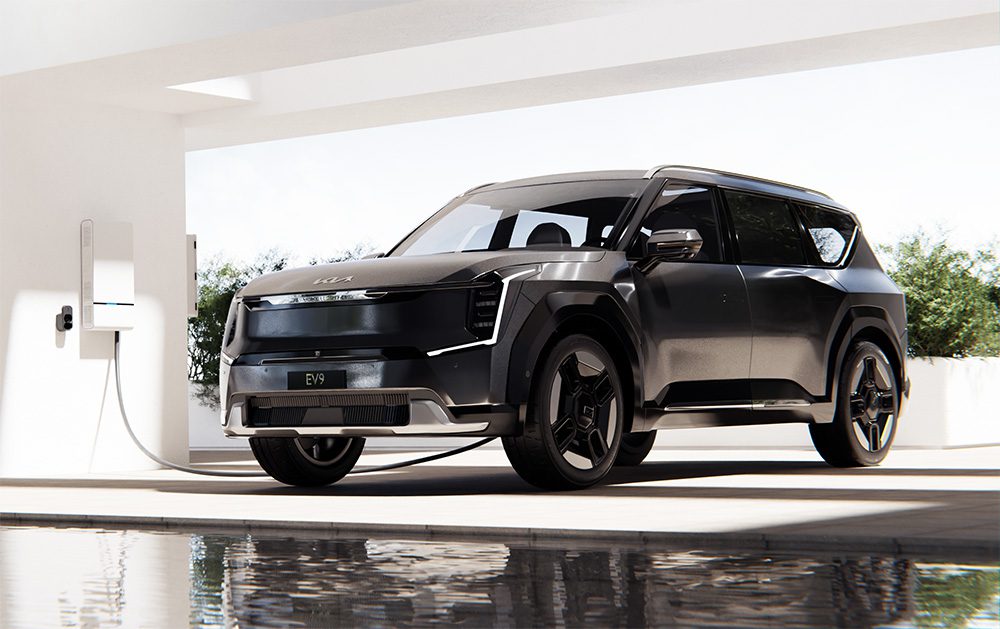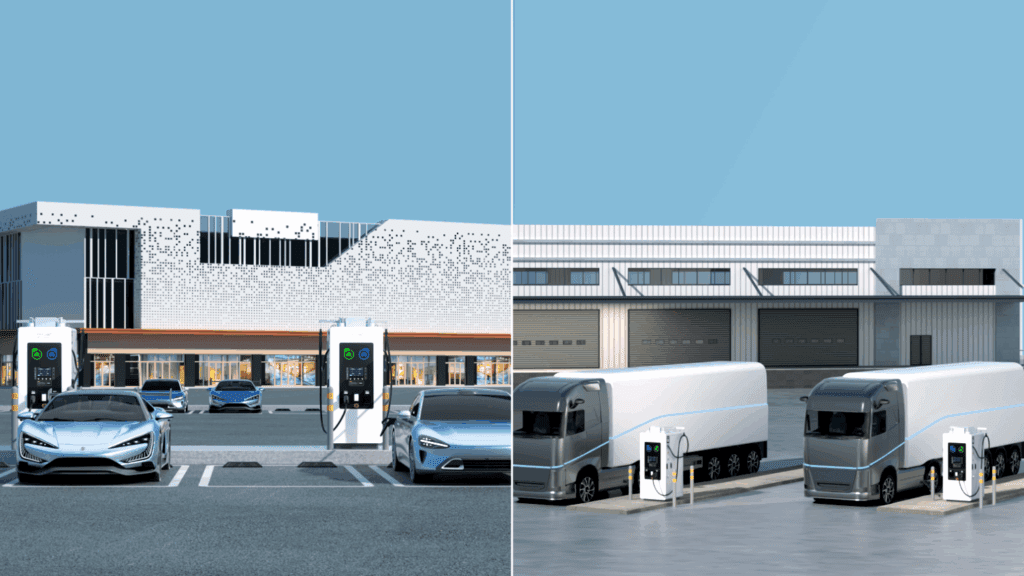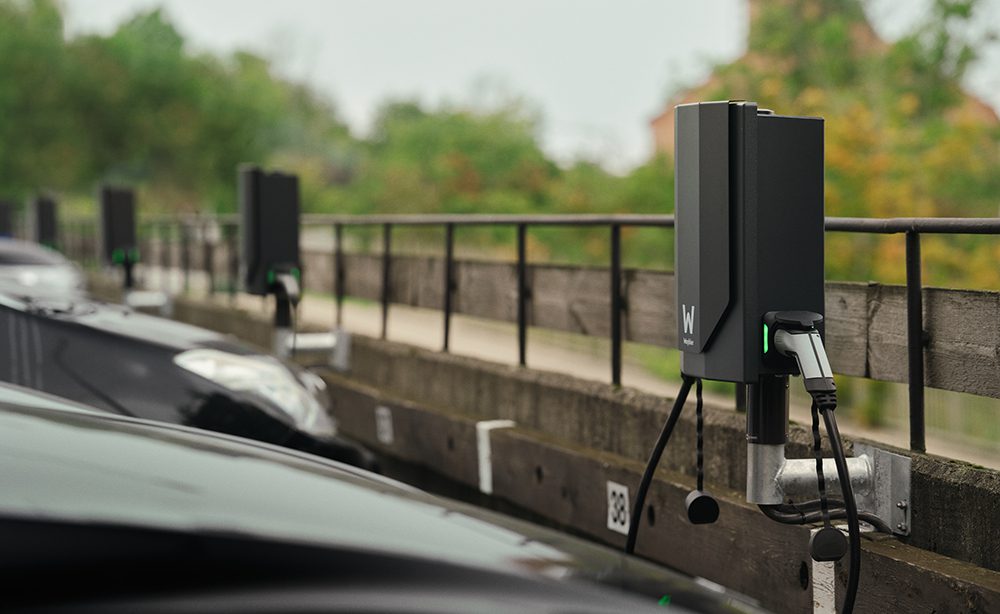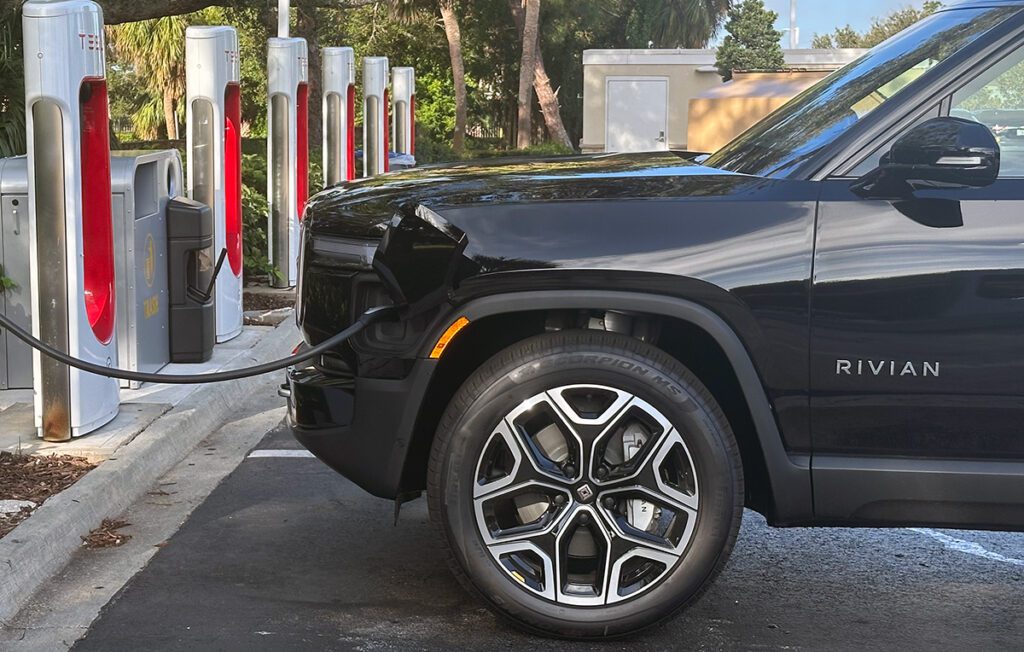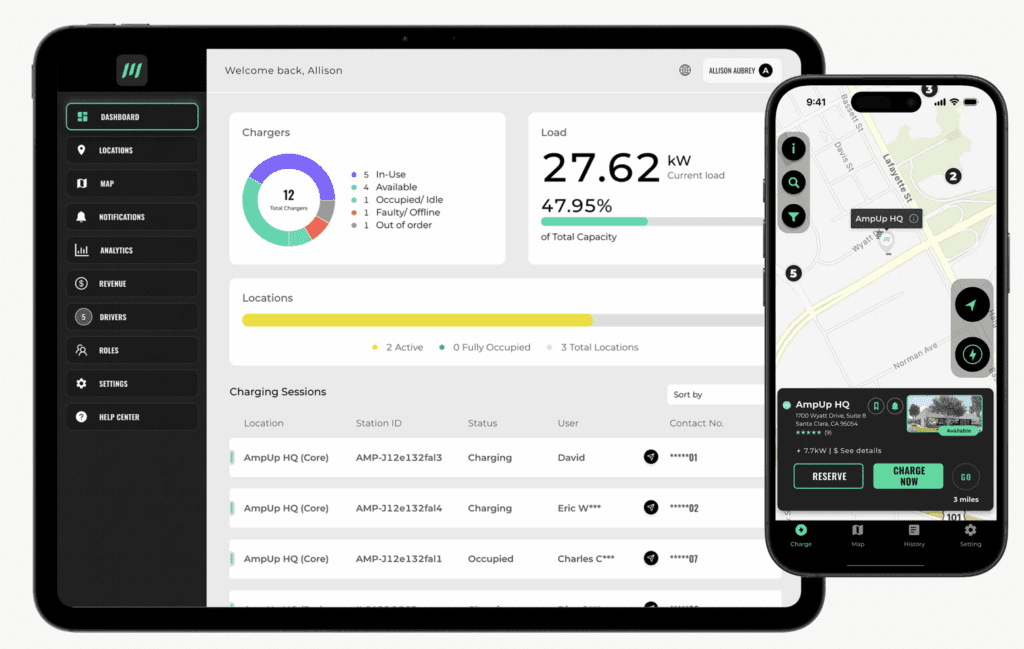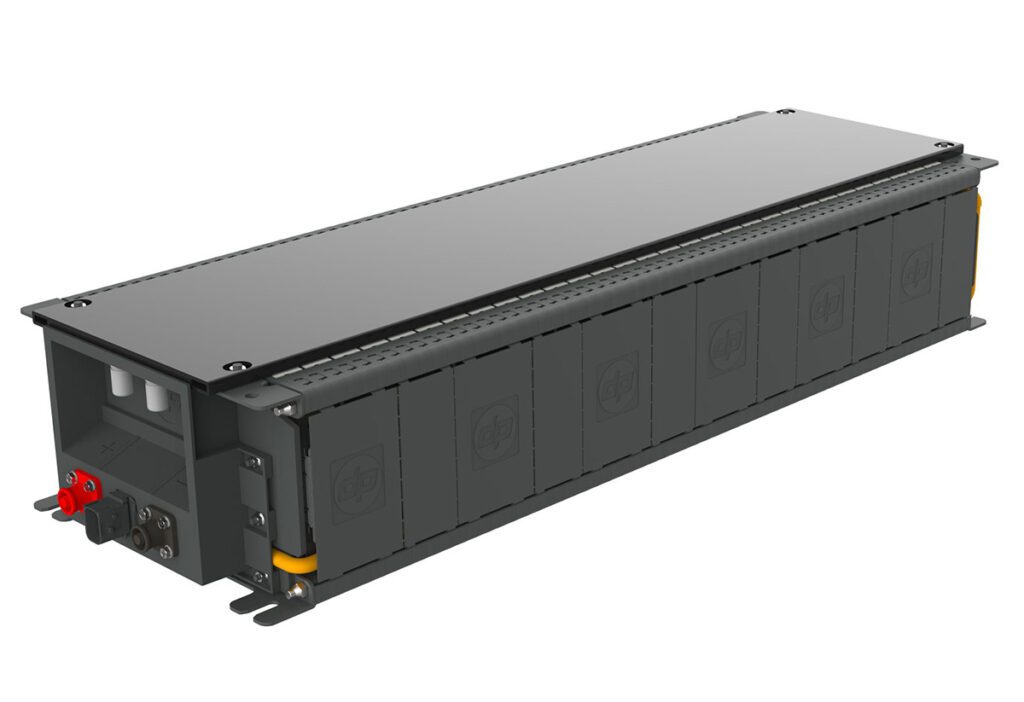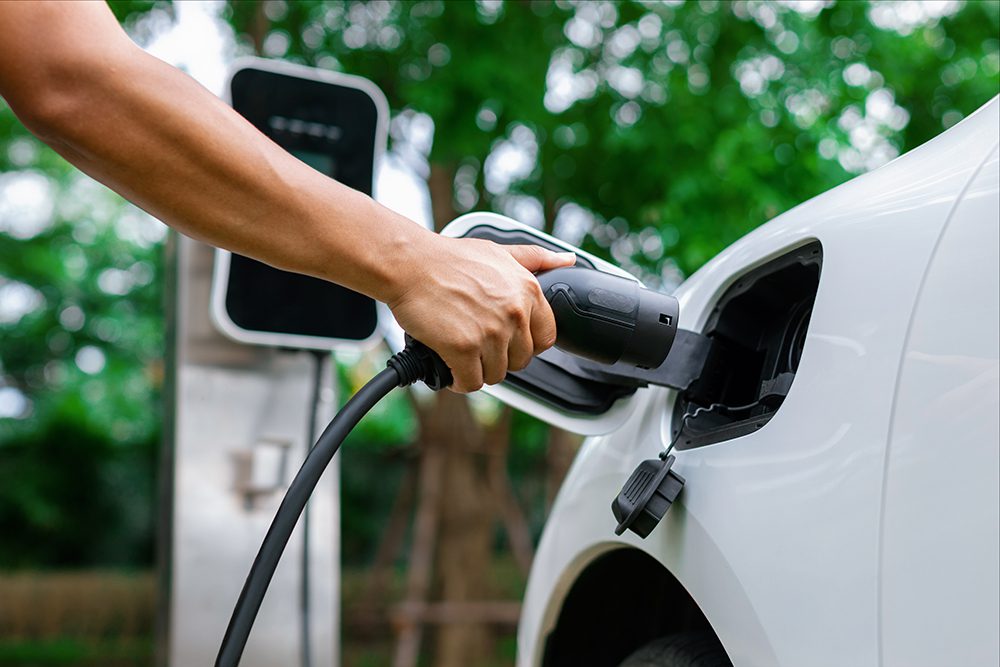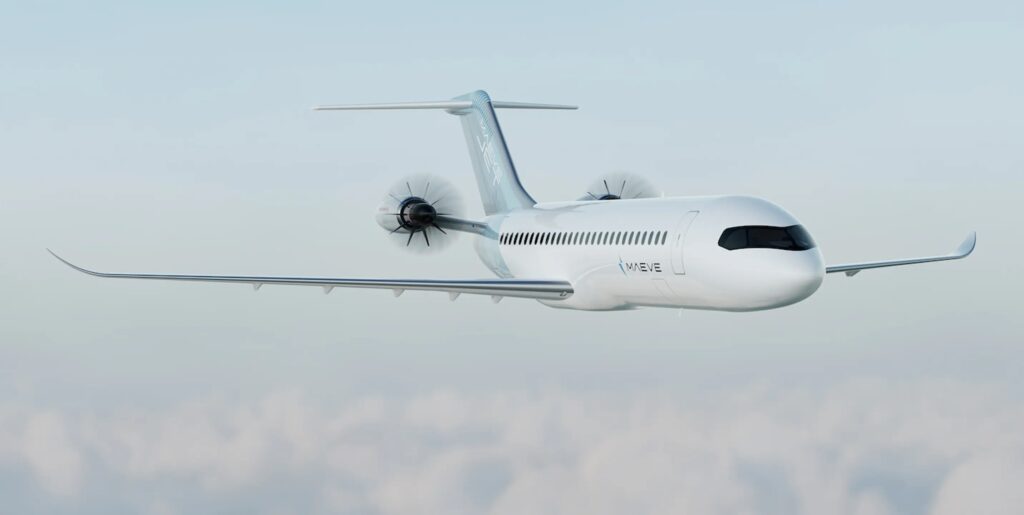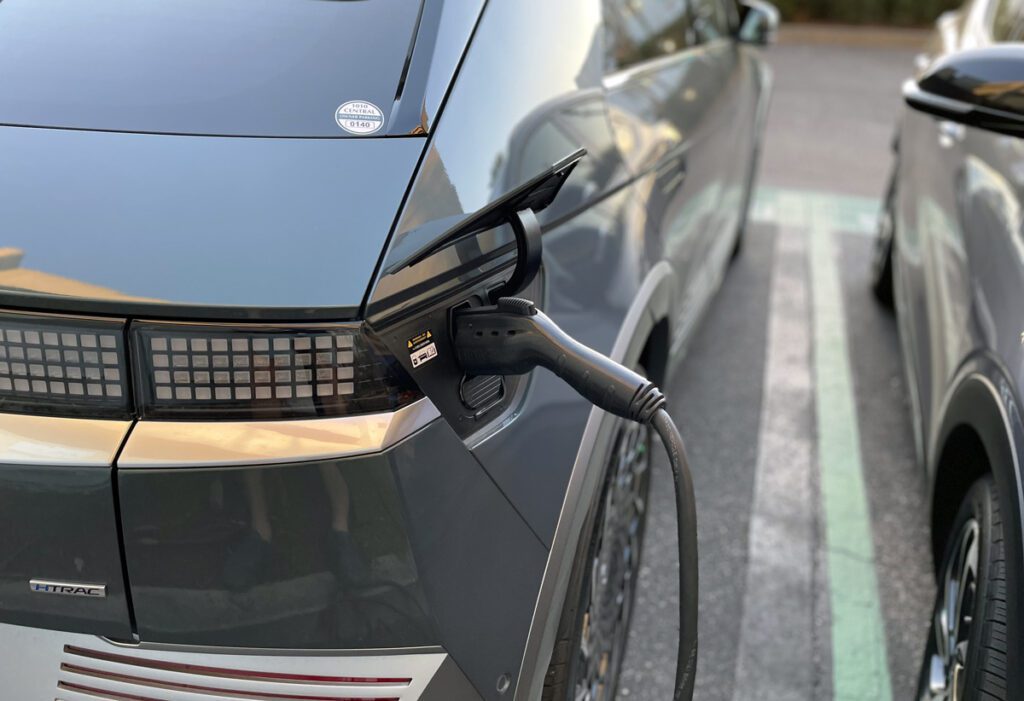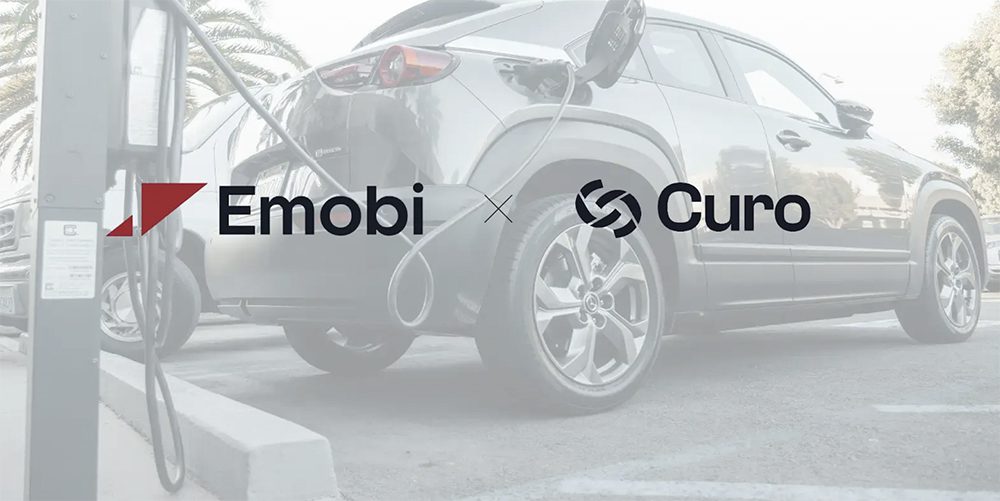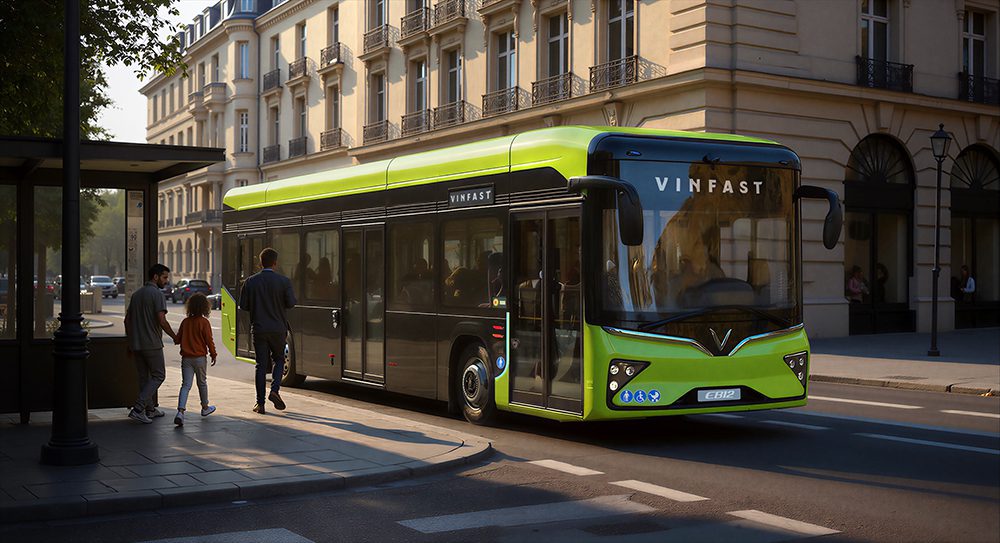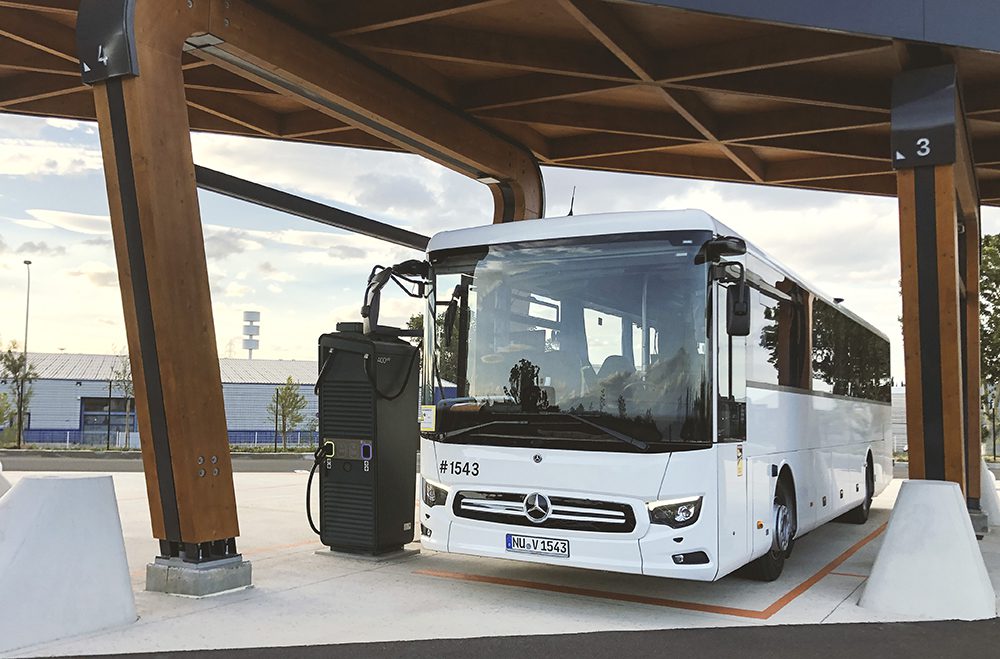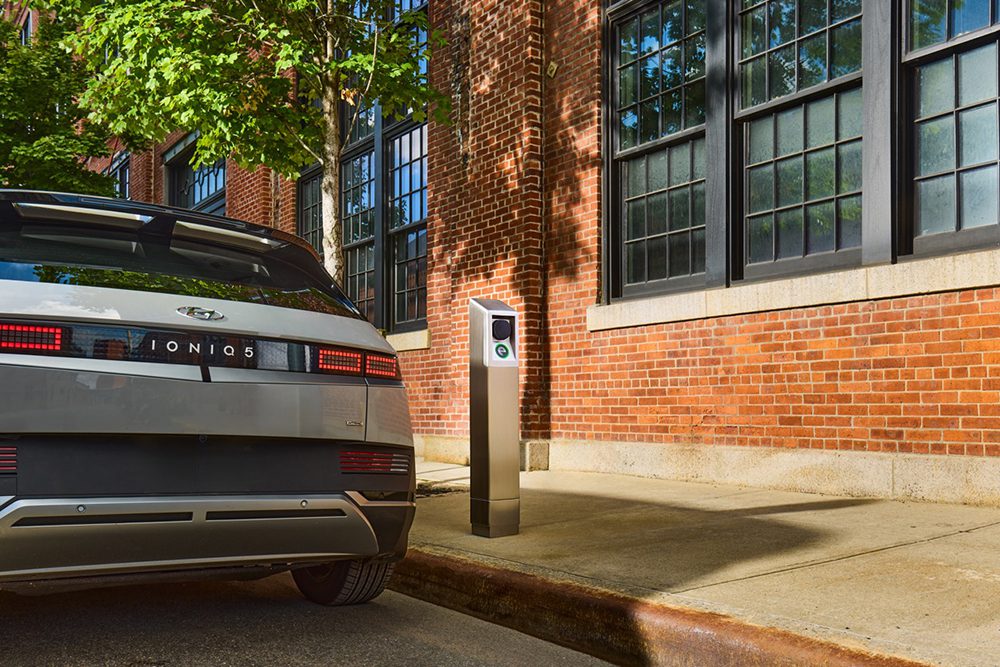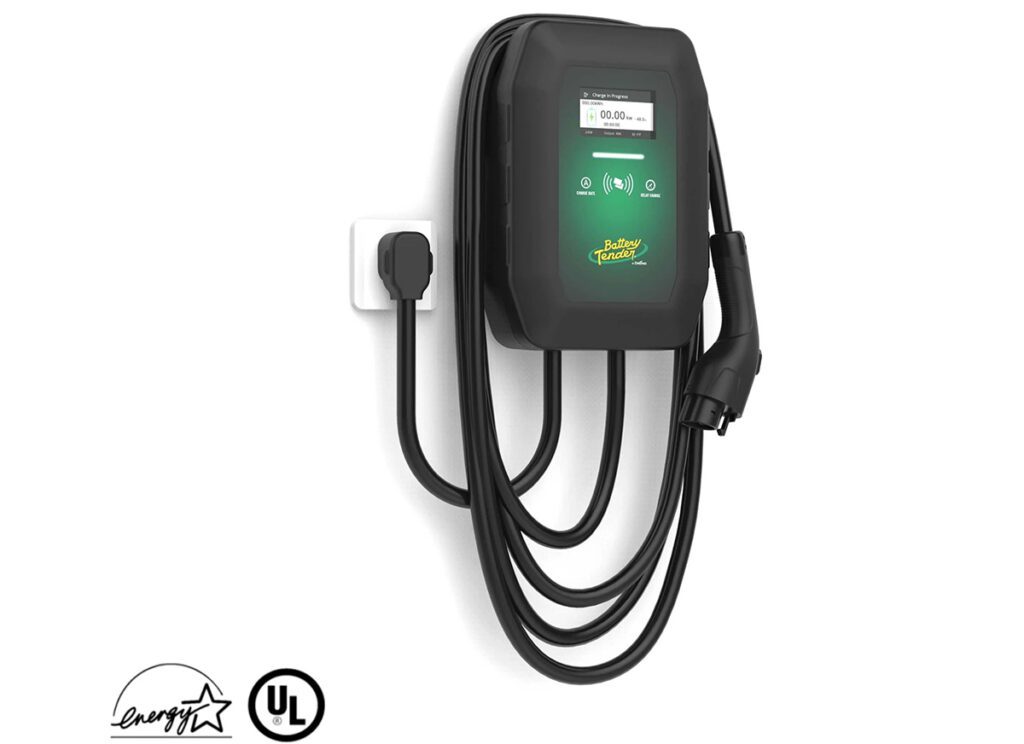New tariffs on EVs made in China have now come into effect in the European Union. The new tariffs, which will be added to existing import duties of 10 percent, are based on the amounts of subsidies that the EU has determined each automaker in China has received. The tariffs range from 7.8 percent for Tesla to 35.3 percent for SAIC, and are to remain in place for 5 years.
The US and Canada have each imposed 100% tariffs on electric vehicles made in China, but European leaders appear to be pursuing a more moderate path, aiming to slow imports of Chinese-made EVs rather than end them altogether.
“Europe doesn’t want to hamper its own electric vehicle green transition by making Chinese cars prohibitively expensive,” Emre Peker, a Director of the Eurasia Group, a private consulting firm, told the New York Times.
The EU’s auto industry employs some 13.8 million people and accounts for 7 percent of the EU’s economic output, according to Times estimates. Chinese-made electric vehicles represent a clear and present economic danger—over the last three years, the market share of Chinese EVs in the EU has grown from 3 percent to over 20 percent, according to the auto industry group ACEA.
The situation is steeped in irony. European OEMs (along with their counterparts in North America and Asia) created the present dilemma by slow-walking electrification over the past two decades, allowing the Chinese to use EVs as a wedge to pry open global auto markets. However, most of the European automakers were opposed to the new tariffs—several EU countries, including Germany, voted against them.
Part of the reason for this is that global automakers have made major investments in China, and fear Chinese trade retaliation. However, some execs seem to understand that tariffs can’t solve the industry’s underlying problem, which is global automakers’ failure to deliver competitive EVs.
“These short-term actions will have negative mid- and long-term implications,” said Carlos Tavares, Chief Executive of Stellantis. “The best way—the only way—to protect ourselves, our industries, our workers, is to compete with the newcomers and raise ourselves to their game.”
“Under a tariffs regime, an industry only loses time,” Arno Antlitz, Volkswagen’s financial chief, told reporters, pointing out that Chinese automakers will soon be producing cars in Europe.
Chery recently signed a deal with the Spanish company Ebro-EV Motors to produce EVs at a former Nissan plant in Barcelona. Leapmotor is already shipping EVs to Europe under a joint venture with Stellantis, and is planning to produce them at factories in Europe. Chinese automakers have also signed agreements to build EV plants in Hungary, Poland and Turkey.
Not all EU countries have signed on to the “Katie, bar the door” strategy. Spain, the union’s fourth-largest economy, was among 12 countries that abstained from voting on the tariffs. Some say Spain aspires to be a “connector country,” giving Chinese automakers indirect access to the European market. Spain’s cultural and economic ties to other Spanish-speaking countries could also enable it to serve as a gateway to Latin America, a region where Chinese EVs are already arriving in large numbers.
Nonaligned countries such as Mexico and Vietnam are increasingly serving as “connector countries” between China and the US, allowing Chinese firms to get their goods into the US while avoiding import duties, the International Monetary Fund’s Gita Gopinath told the Times.
Even as other European countries pursue ways to keep the dragon from the door, Spain has taken measures to encourage more investment. Carlos Cuerpo, Spain’s Economic Minister, recently called China “a key economic partner” for the EU and Spain.
Of course, China’s threat to “The West” is not just an economic one. The country’s support for Russia since the invasion of Ukraine undeniably undermines Europe’s security. “This is not only about commercial interests but also geopolitical interests,” Liana Fix, a fellow at the Council on Foreign Relations in Washington, told the Times, warning that Europe risks becoming too dependent on Chinese industry.
Sources: New York Times (EU), New York Times (Spain)







